Starfield has entered early access, meaning anyone who bought the Premium Edition can now begin their voyage across the stars before the game’s public release on Sep 6. Bethesda has done with this game exactly what Bethesda loves to do with games, which means there is a ton of stuff to do.
As you level up your character through exploration, combat, and quests—you will be given skill points to enhance your character, companions, ships, and weapons as you see fit. Starfield places a lot of emphasis on innovation, and the Science skill tree will help you become the galactic pioneer you’ve always dreamed of being.
Starfield: Science skill tree explained
Science dictates a massive amount of the exploration-based features in Starfield. Through this skill tree, you can increase your hand scanner functionality, learn to modify weapons further and learn to create outposts on planets with extreme weather conditions.
Another greatly practical use of this tree is its ability to increase all your resources harvested from plants, animals, and ore/mineral deposits. This is a very unique tree, as Starfield has created a very unique system in its scanning feature. I personally recommend exploring this tree and its associated gameplay areas as much as possible.
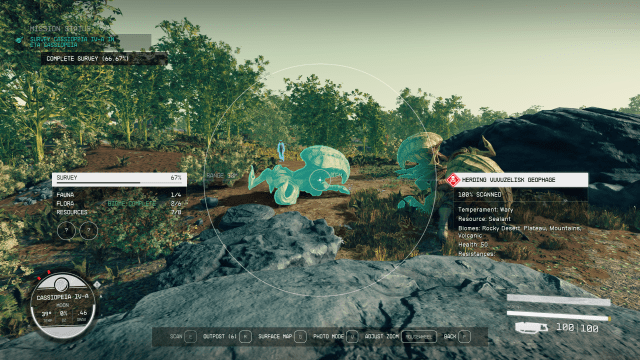
Starfield: Science skills and ranks explained
As is true of all skill trees in Starfield, there are four tiers of skills in Science—Basic, Advanced, Expert, and Master. Before advancing a tier, you must spend four skill points in the previous one(s). Each skill has four ranks, which means you can advance tiers by selecting one skill four times or by selecting four different skills in a tier.
If you choose to put all of your points in one skill, it isn’t as simple as just spending four points. All skills have an associated challenge that must be completed before you can purchase the second rank of that skill. For example, the basic Science skill Surveying adds a zoom option to your scanner and increases its effective range by 20 meters. Before you can purchase rank two for an additional zoom level and further increased range, you must scan 10 unique resources, flora, or fauna.
Basic Science skills
Basic Science skills are a great early game grab, as they’ll increase the distance you can travel, allow you to heal more, and give you an all-around easier time exploring and scanning. Investing in Basic Science skills is almost akin to purchasing a “starter kit.”
- Astrodynamics—Increases your ship’s grav jump range by 15 percent. At second rank, jump drives cost 15 percent less. The third rank doubles the bonuses of the first and second rank, and the fourth rank increases the fuel cost reduction to 50 percent. To unlock the option to progress to rank two, you must make 5 grav jumps.
- Geology—At first rank, you’ll receive more common and uncommon inorganic resources from objects on planets’ surfaces. At rank two, you will receive more rare inorganic resources, at third rank you’ll receive the same bonus for exotic resources, and at fourth rank you’ll additional receive a much larger bonus. To advance ranks, you must first harvest inorganic resources from 20 different sources.
- Medicine—At first rank, Med Packs, Trauma Packs, and Emergency Kits restore restore 10 percent more health, and healing happens 10 percent faster. The second rank increases to 20 percent for each, 30 percent at the third rank, and 50 percent at the fourth rank. At fourth rank, Med Packs also have a chance to cure afflictions. You must use health items to restore health 20 times before you can advance ranks.
- Research Methods—10 percent cost reduction for item crafting and research projects. This number increases to 20 percent at second rank, 40 percent at third, and 60 at fourth. The fourth rank also doubles the chance of a sudden development. You must craft five unique items before you can unlock the second rank of this skill.
- Surveying—At first rank, unlocks a zoom option for the hand scanner and a 20-meter increase in scanning range. The second rank adds another zoom level and 10 additional meters. The third rank adds a third zoom level and a total of 40 additional scanning meters, and the fourth rank adds a final zoom level and a total of 50 meters scanning range. Before you can progress ranks, you must scan 10 unique resources, flora, or fauna.
Advanced Science skills
This tier of the Science tree will allow you to begin crafting more advanced mods for your weapons and armor, making it a great idea to invest in no matter what build you’re aiming for. Additionally, you can begin harvesting resources from animals without harming them—awesome for foes that outmatch you and for a pacifist playthrough.
- Botany—At first rank, you’ll be able to harvest more common/uncommon resources from plants, learn more about them in the scanner, and grow certain plant types in your outposts. The second rank does the same for rare plants, the third rank includes exotic plants, and the fourth rank sometimes causes a much greater resource yield. You must harvest 20 plant resources to unlock rank two of Botany.
- Scanning—Rank one allows your ship to detect uncommon inorganic resources on planet surfaces when scanning from orbit and reveals more information on other ships in space. The second rank allows for rare resource detection and reveals additional ship information. The third rank detects exotic inorganic resources and gives combat information on ships. The fourth rank allows for the detection of unique resources and gives a comprehensive breakdown of ships. You must scan five planets or moons from orbit to advance ranks.
- Spacesuit Design—At first rank, you can craft Improved suit/helmet/pack mods and research additional ones. The second rank unlocks Superior mods, the third rank unlocks Cutting-Edge mods, and the fourth rank makes suit/helmet/pack mod crafting sometimes not cost any resources. Craft five mods to unlock rank two.
- Weapon Engineering—At rank one, you can craft Improved weapon mods. The second rank unlocks Superior weapon mods, the third rank unlocks Cutting-Edge weapon mods, and the fourth rank unlocks Master weapon mods. You must craft give weapon mods before you can advance ranks.
- Zoology—At rank one, you receive more common organic resources from creatures and can harvest from them without harming them. Additionally, you’ll learn more about them from scanning and can farm resources from animals at outposts. The second rank has the same effect on uncommon resources. Rank three increases this to rare resources, and rank four sometimes greatly increases resource yield from animals. To rank up this skill, you must first harvest from 20 different creatures.
Expert Science skills
Expert level has only three skills to choose from, but each still has four ranks. This tier will further increase your scanning capacity and give you the option to begin greatly advancing your outposts.
- Astrophysics—At first rank, you can scan moons of the planet you’re currently on, and you have a 10 percent increased chance of discovering a trait. The second rank allows for the scanning of any planet or moon in your current solar system and improves the trait bonus to 20 percent. The third rank allows for the scanning of any planet or moon within 16 light years and a 30 percent trait discovery bonus. The fourth rank increases to 30 light years and a 50 percent bonus. Before advancing ranks, you must scan 10 different planets or moons.
- Chemistry—Unlocks the ability to research and create Improved chems. The second rank unlocks Superior chems and the third rank unlocks Cutting-Edge chems. At rank four, you will occasionally craft triple the amount created. You must craft 10 of them before you can move up a rank.
- Outpost Engineering—Rank one unlocks the construction and research of Improved outpost modules. Rank two does the same for Superior modules, and rank three unlocks Cutting-Edge. At rank four, outpost modules cost half the normal resources. To advance ranks, you must build five different outpost modules.
Master Science skills
This tier is where it all comes together, and Science changes the way you’re able to play Starfield. From building on “uninhabitable” planets to crafting unique items/mods only available through the Science skill tree. Knowledge really is power.
- Aneutronic Fusion—At first rank, your ship reactors will produce an extra unit of power. Grants two units at rank two, three at rank three, and five at rank four. You must destroy five ships before you can advance ranks.
- Planetary Habitation—Unlocks the ability to build outposts on planets with extreme temperatures (Deep Freeze/Inferno) and increases the maximum outpost number by four. Rank two allows for building in extreme pressure and increases maximum outposts by eight. Rank three unlocks building in toxic or corrosive atmospheres and 12 additional outposts. Rank four grants building on planets with extreme gravity and 16 bonus outposts. You must build habitable outposts on three different planets before you can rank up this skill.
- Special Projects—Unlocks experimental project research. Rank two allows you to craft rare manufactured components, rank three allows for exotic manufactured components, and rank four unlocks unique manufactured components. At rank four, extractors will also sometimes produce extra resources. You must craft 10 components of the relevant type before you can rank up in Special Projects.


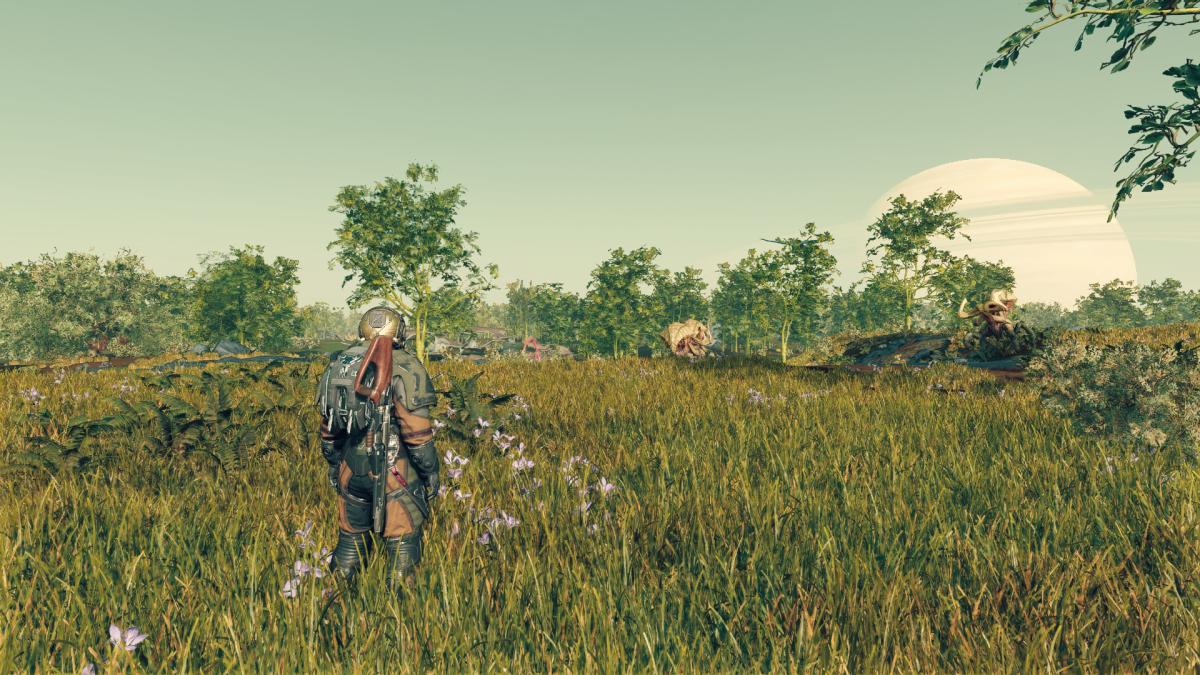
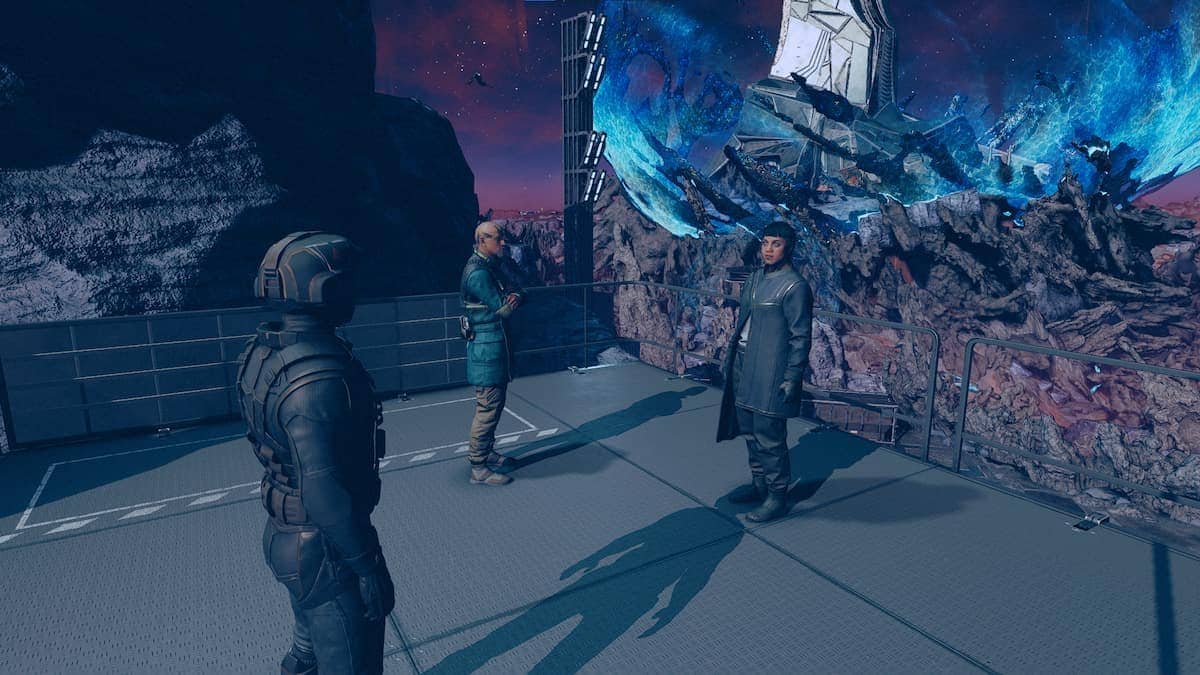



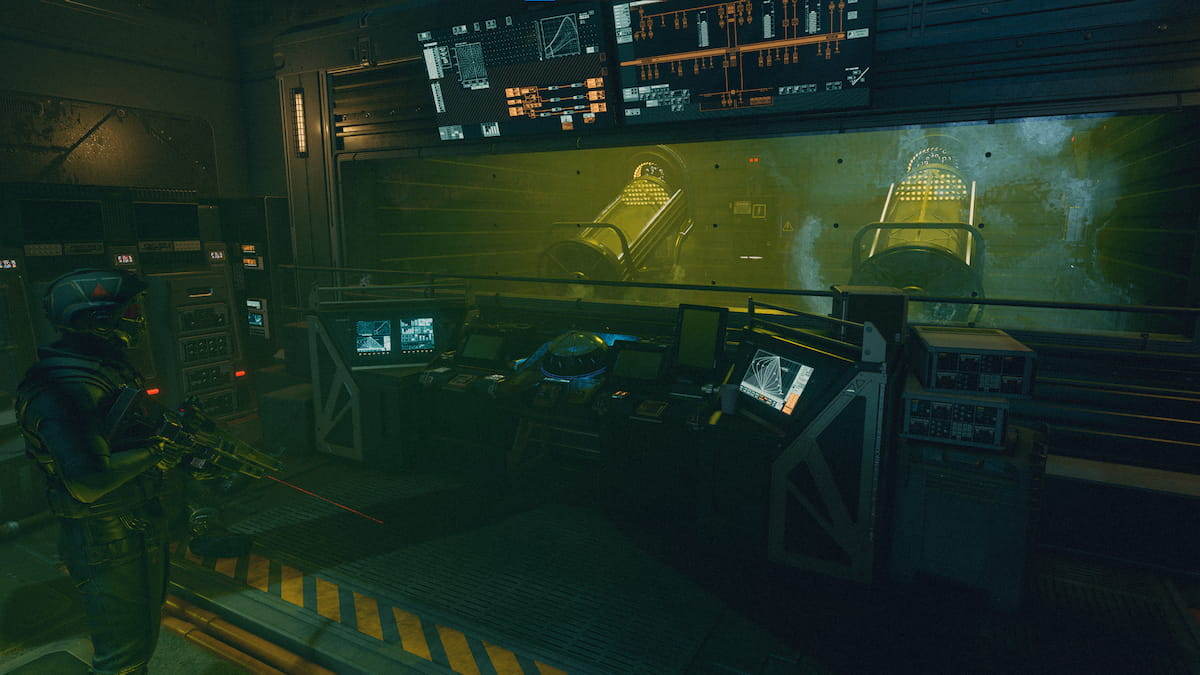
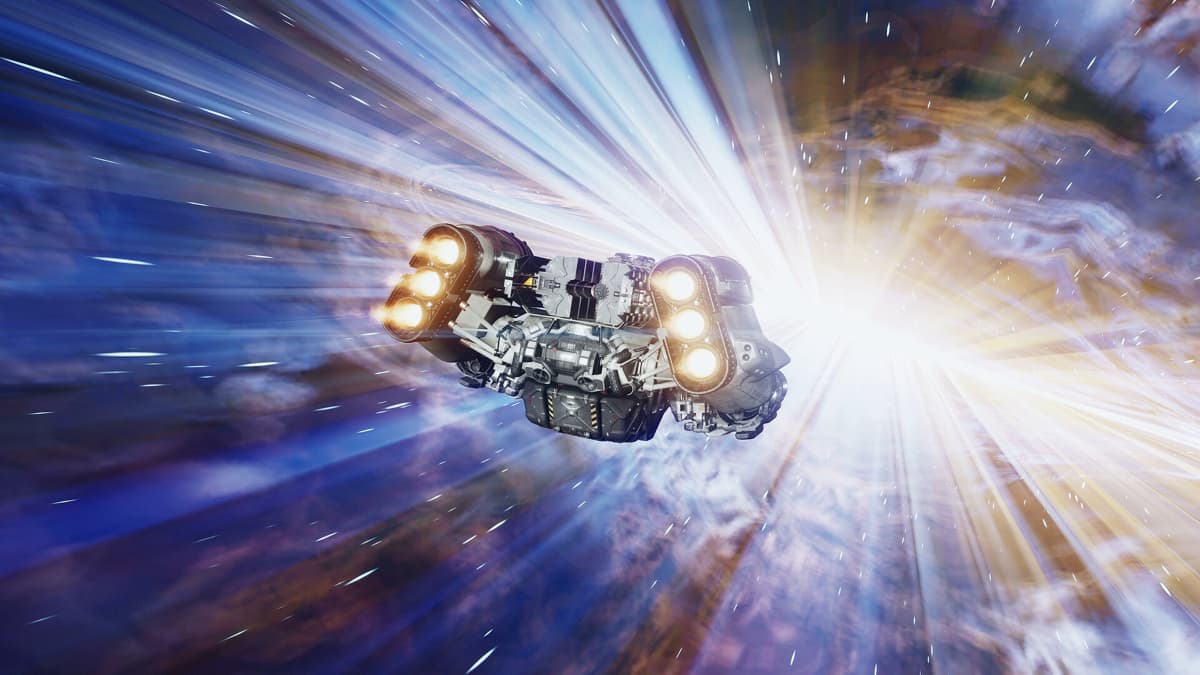

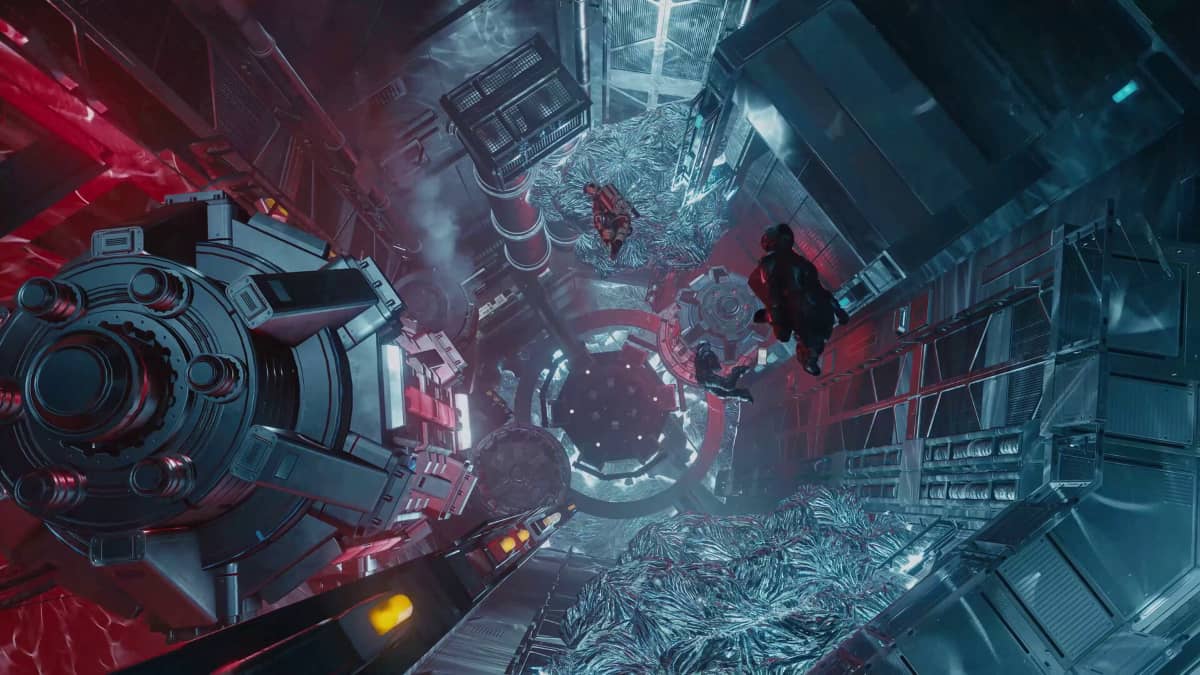


Published: Sep 2, 2023 03:56 pm